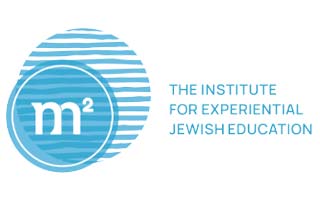Bring Them Home Now
Bring Hersh Home
Everyone Counts was created by
M²:The Institute for Experiential Jewish Education and Kol HaOt
We are grateful to our partners:
Stay informed about Everyone Counts updates and new resources
Everyone counts
The
#BringThemHomeNow
Educational Toolkit


